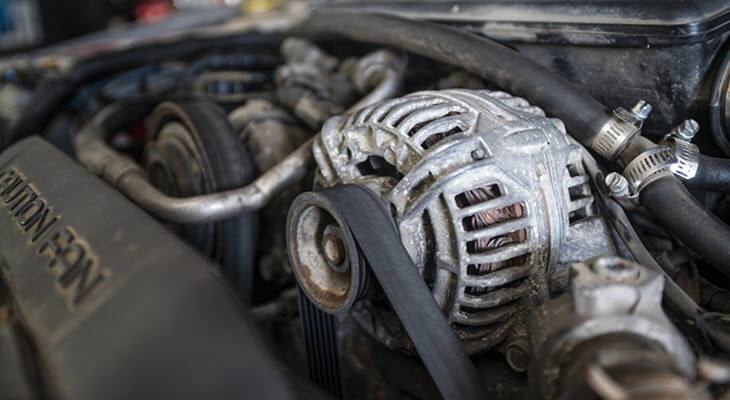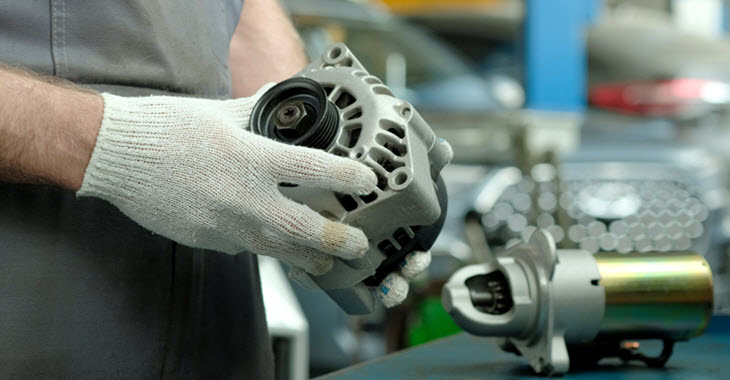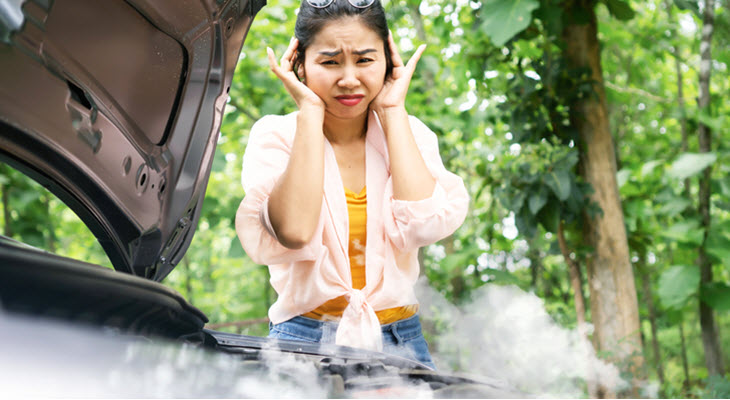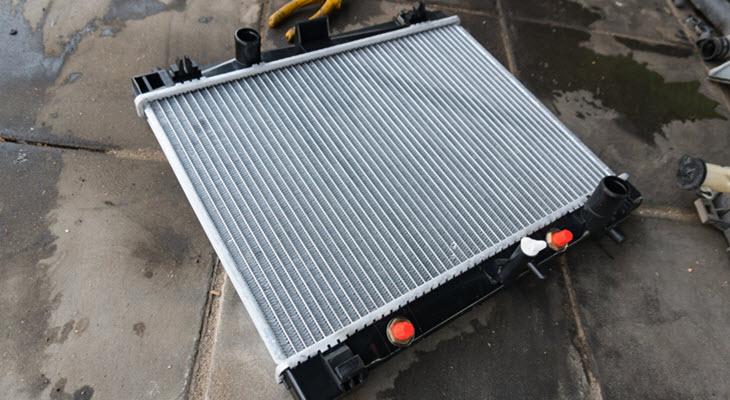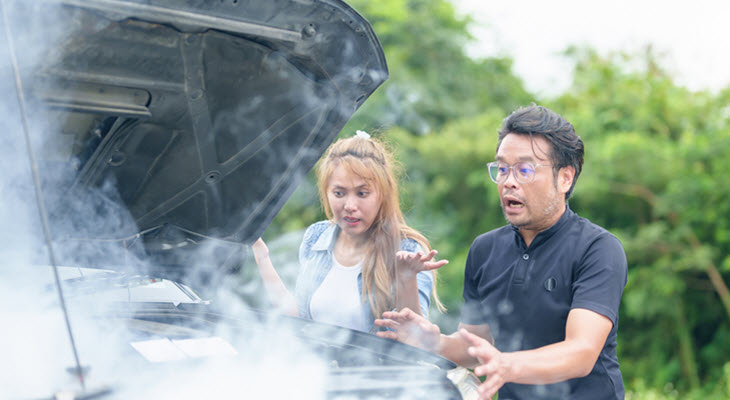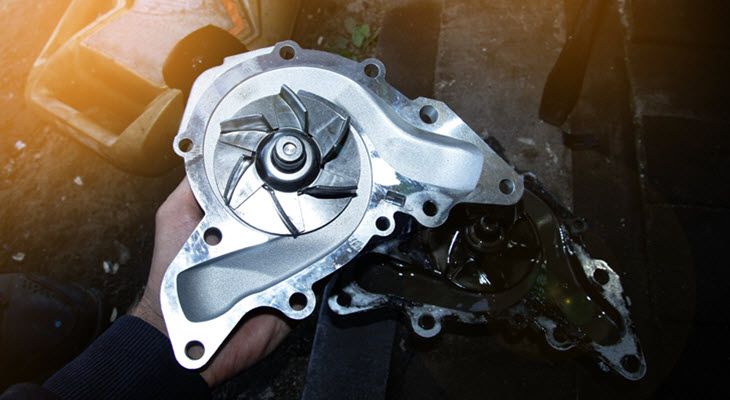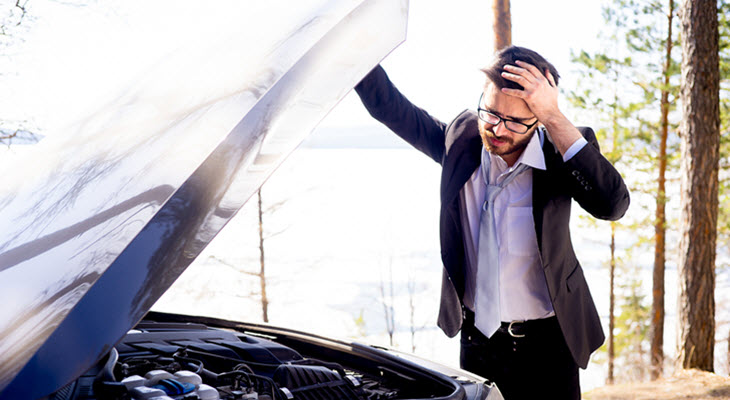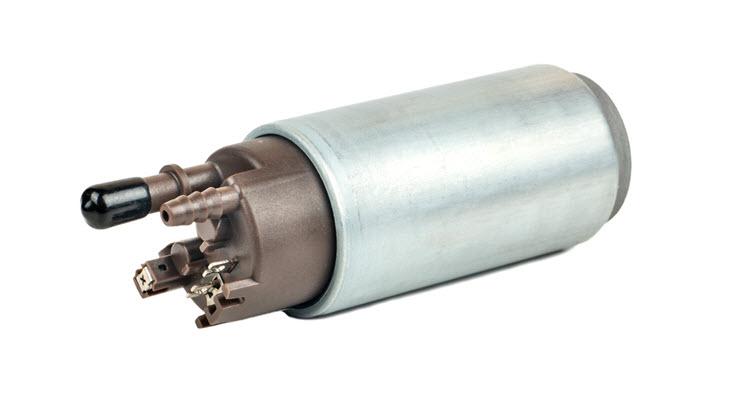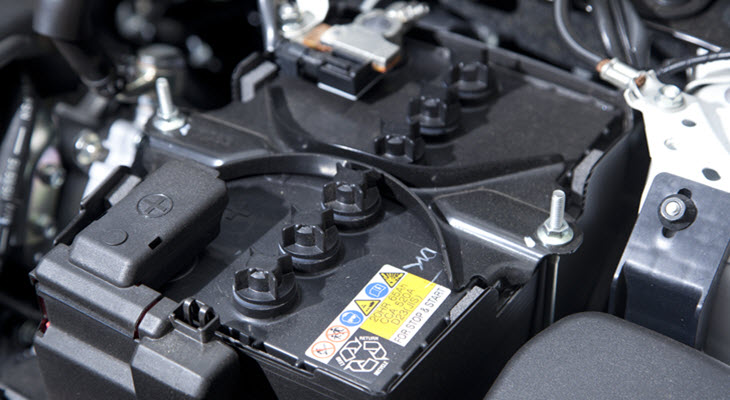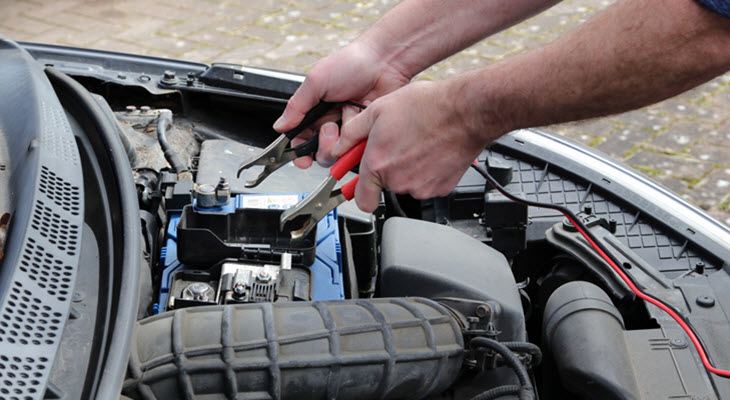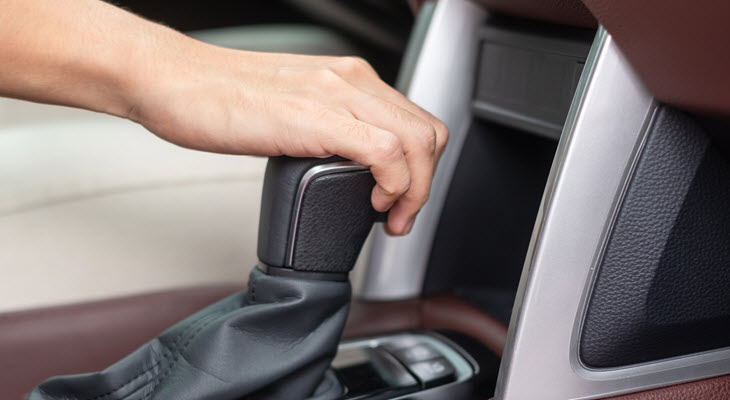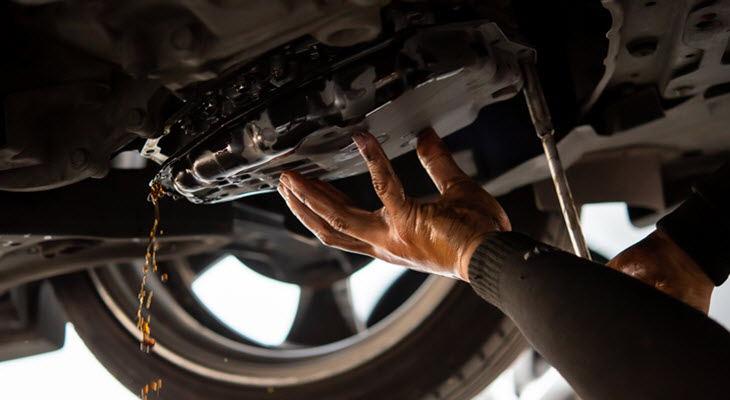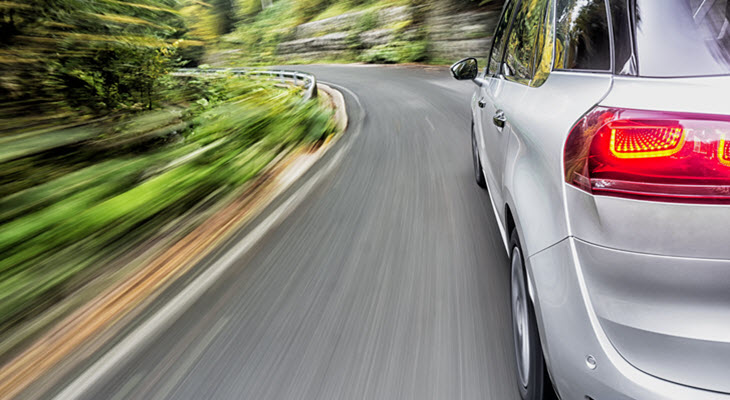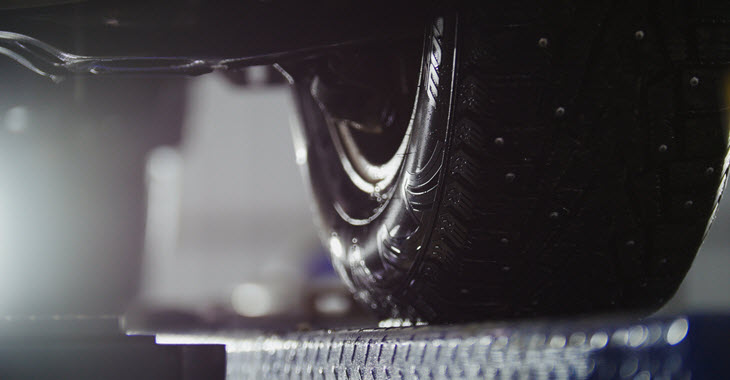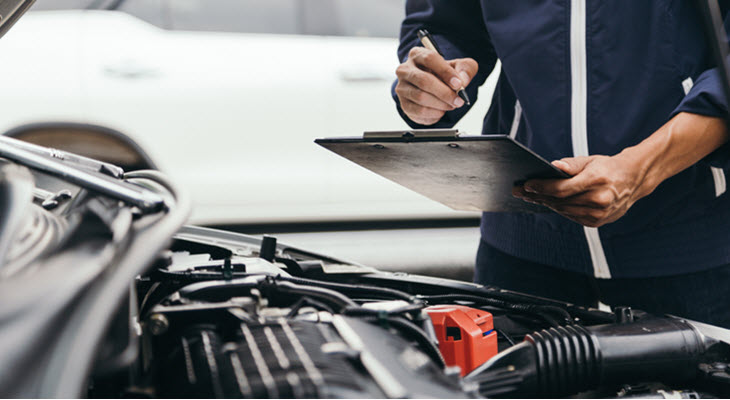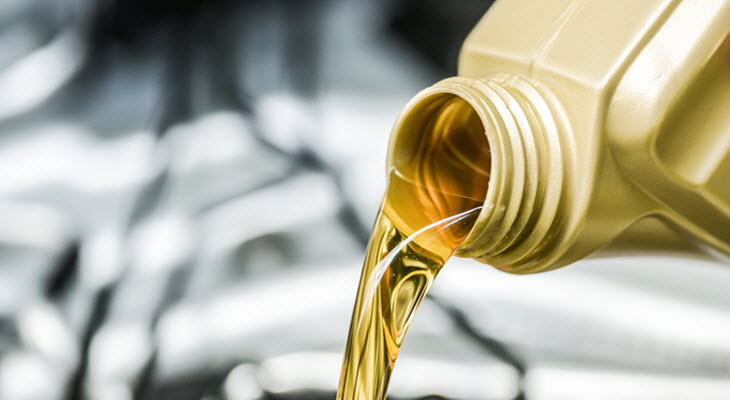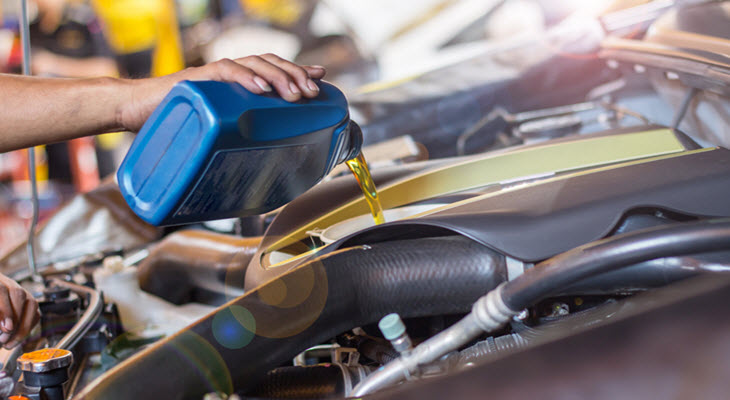The unmatched thrill of driving a Porsche comes from the perfect symphony of precision engineering, power, and responsiveness. One key player in this experience is the vehicle’s steering system. So, when your Porsche’s steering feels hard or resistant, it can be disconcerting, to say the least. If you’ve recently noticed that your Porsche steering has become stiff or challenging to turn, this article will help shed light on the potential reasons behind it.
Power Steering Fluid Levels and Quality
- Low Fluid Levels: One of the most common reasons for stiff steering in a Porsche (or any vehicle, for that matter) is low power steering fluid. This fluid helps in reducing the friction in the steering system, thereby making it easier to turn the wheel. If the fluid level drops, it can result in increased resistance.
- Contaminated Fluid: Over time, contaminants can accumulate in the power steering fluid, hindering its performance. Regularly checking and replacing old, dirty fluid can prevent this issue.
Faulty Power Steering Pump
The power steering pump is crucial in circulating the steering fluid at the necessary pressure. If it begins to fail, it might not generate enough pressure, leading to stiff steering. Whining noises while turning the steering wheel can also indicate a problematic pump.
Damaged Serpentine Belt
The serpentine belt powers various accessories in a car, including the power steering pump. If this belt is worn out, loose, or broken, it might not drive the pump effectively, causing a decrease in steering fluid pressure.
Worn Out Steering Rack
The steering rack, which is a part of the rack and pinion steering system commonly found in Porsches, can wear out with time and usage. A damaged or worn-out rack can lead to increased resistance when turning the wheel, often accompanied by a grinding or clunking noise.
Problematic Steering Column
The column connects the steering wheel to the rest of the steering system. Any obstruction, damage, or misalignment in the steering column can result in hard steering.
Air in the Power Steering System
If air gets trapped in the power steering system, it can impede the fluid’s flow and cause hard steering. This is often accompanied by a whining sound. To rectify this, one might need to bleed the system to remove the trapped air.
Damaged Hoses or Seals
Hoses carry power steering fluid under pressure. If there’s a leak or blockage in any of these hoses, it can lead to reduced fluid pressure, thus affecting steering ease. Similarly, compromised seals can lead to fluid leakage and entry of air into the system.
Tire Issues
Often overlooked, the condition of the tires can directly affect steering responsiveness.
- Under-Inflated Tires: Tires that are not inflated to their recommended pressure can make the steering feel heavy.
- Mismatched Tires: If tires are not of the same type or size, or if they have uneven wear, it can result in inconsistent steering feedback.
Wheel Alignment
Incorrect wheel alignment can not only lead to uneven tire wear but also make the vehicle resist steering inputs, particularly at lower speeds.
Suspension Problems
Components of the suspension system, like bushings or control arms, if worn out or damaged, can also influence steering responsiveness. For example, a worn-out bushing can lead to the misalignment of steering components, causing a stiff steering experience.
Porsche Is The Epitome Of Driving Pleasure
A Porsche represents the epitome of driving pleasure. Hence, any issue, especially one related to steering, can diminish that pleasure. If you experience stiff steering or any other anomalies in your Porsche’s steering system, it’s crucial to address them promptly. Regular maintenance checks can help identify potential problems early, ensuring that your Porsche delivers the driving experience it’s renowned for. Always consult with a Porsche specialist or an experienced mechanic to get a thorough diagnosis and appropriate solutions.
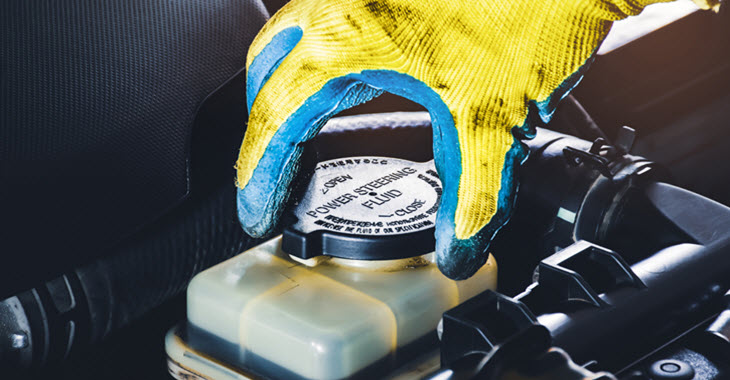
Book An Appointment With P3 Autokrafte Today
At P3 Autokrafte in Centerville, OH, we understand the precision and engineering prowess that goes into every Porsche vehicle. The steering system of a Porsche is no exception, crafted for optimum performance and unmatched driving experience. If you’ve noticed any irregularities or believe that your Porsche’s steering system might be in need of repair or maintenance, don’t compromise on its care.
Book an appointment with us to ensure your vehicle is in the hands of experts trained specifically to maintain and restore the meticulous craftsmanship of your Porsche. Trust in our team’s dedication and expertise to deliver top-notch service and get you back on the road safely and smoothly.
 7979 S Suburban Rd, Centerville, OH 45458
7979 S Suburban Rd, Centerville, OH 45458

